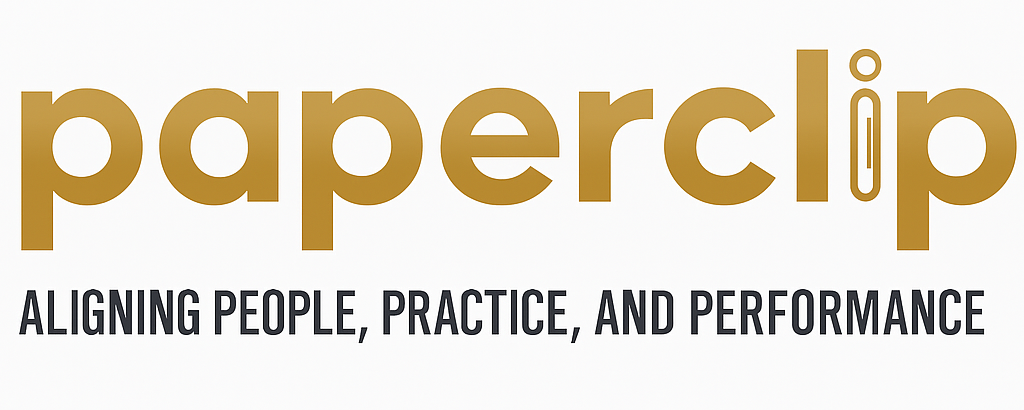Strengthening Labour Systems in Grenada: Insights from a Private Sector Participant
Last week, I had the honour of participating in the ILO’s Labour Market Analysis Symposium in Grenada. The event brought together policymakers, development partners, and private sector representatives to explore the future of work and how labour systems in small island developing states can evolve to be more inclusive, resilient, and responsive.
As someone operating from the private sector, I appreciated the opportunity to be part of this cross-sector dialogue. Far too often, private sector insights are invited late in the process, when in fact they are essential to shaping workforce systems that are practical, sustainable, and connected to the real economy.
We Are Not Designing for Policy. We Are Designing for People.
The symposium covered a wide range of critical issues: the introduction of public employment services, the integration of labour market data, lifelong learning, youth employment, gender equity, digital access, and building the care economy. What was clear throughout is that we cannot design employment systems in isolation from the broader social and economic realities people face.
Too many policies are developed in silos, while people live at the intersection of everything. They do not experience their lives in neatly divided categories. They navigate education, employment, transport, family responsibilities, and financial pressures all at once. When systems fail to reflect that complexity, people fall through the cracks. Not because of a lack of motivation, but because the system was never built with their reality in mind.
Siloed Systems Cannot Serve Integrated Lives
One of my strongest takeaways from the event was the urgent need to break down these policy silos. We cannot improve access to training if transport remains unreliable. We cannot encourage digital participation if individuals cannot afford devices or data. We cannot strengthen labour market inclusion if single parents, rural residents, or older workers continue to face structural and cultural barriers to participation.
In many small states, efforts remain fragmented. Ministries operate in isolation. Programmes are deployed without coordination. Data exists but is disconnected from real-time decisions. The result is a patchwork of initiatives that look good on paper but fall short in practice.
It is time to move from fragmented interventions to integrated systems that see the whole person. Not just their potential as labour, but their full human reality.
PES as a Bridge, Not a Bureaucracy
One area that stood out in the discussions was the role of Public Employment Services (PES). When designed well, PES can be a powerful bridge between people and opportunity. But for this to happen, PES must be modernised, digitised, inclusive, and deeply integrated into national development strategy. It must become more than a placement service. It should function as a hub that connects jobseekers, employers, training institutions, and support services in a coherent and coordinated way.
PES cannot succeed without quality labour data, employer engagement, digital infrastructure, and equitable access. It also cannot be effective if it operates independently of the systems people rely on. That includes transport, education, health, social protection, and childcare. We need to treat PES as a core component of our development architecture, not a marginal support function.
TVET as a Mirror of Systemic Gaps
While the symposium covered a range of pressing themes, TVET is an area that remains close to me. I have seen its power to unlock social mobility, but I have also seen its limitations when it is left to operate in a vacuum. No amount of training can compensate for systems that are not designed to support access and completion.
TVET works best when it is part of a broader workforce strategy that includes enterprise development, employer engagement, community-based support, and economic infrastructure. It cannot be viewed as a narrow educational offering. It must be part of a wider agenda that sees training as one link in a longer chain of opportunity.
The Case for Better Labour Data
Another key theme was the need for reliable labour market data. Without timely, disaggregated, and accurate information, policy becomes guesswork. Labour data should guide decisions, shape programmes, and highlight where interventions are needed most. It should give voice to informal workers, unemployed graduates, part-time caregivers, and others whose stories rarely show up in the numbers.
Data alone does not create change, but it makes meaningful change possible.
From Reform to Reimagination
What I left with was not only encouragement, but clarity. The future of work in small states is not about marginal improvements. It requires a full reimagining of how we design, deliver, and sustain workforce systems. This includes:
- Cross-ministerial planning and shared accountability
- Genuine private sector collaboration from the outset
- Investment in core infrastructure such as transport, digital access, and childcare
- Policy models that adapt to the needs of vulnerable and transitioning workers
- A commitment to designing with and for people, not just around them
These needs are not unique to Grenada. They echo throughout the Caribbean and other small island states where structural constraints meet rising complexity. Our response must be bold, integrated, and deeply human.
What Comes Next
As someone working at the intersection of HR strategy, workforce development, and systems design, I remain committed to contributing to solutions that are not only practical, but sustainable and locally grounded. The kind of change we need will not happen overnight, and it will not come from any one sector. It will require new ways of working, new partnerships, and the courage to challenge what no longer serves us.
The good news is, we are asking the right questions. Now it is time to build the structures that make better answers possible.
Let us design systems that see people clearly and centre their lived realities at the heart of every decision.
